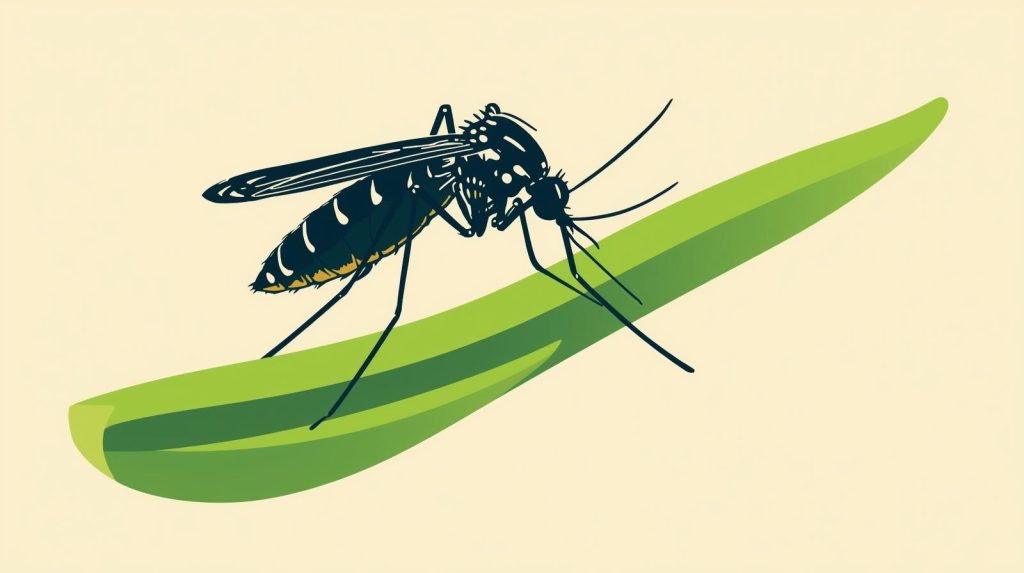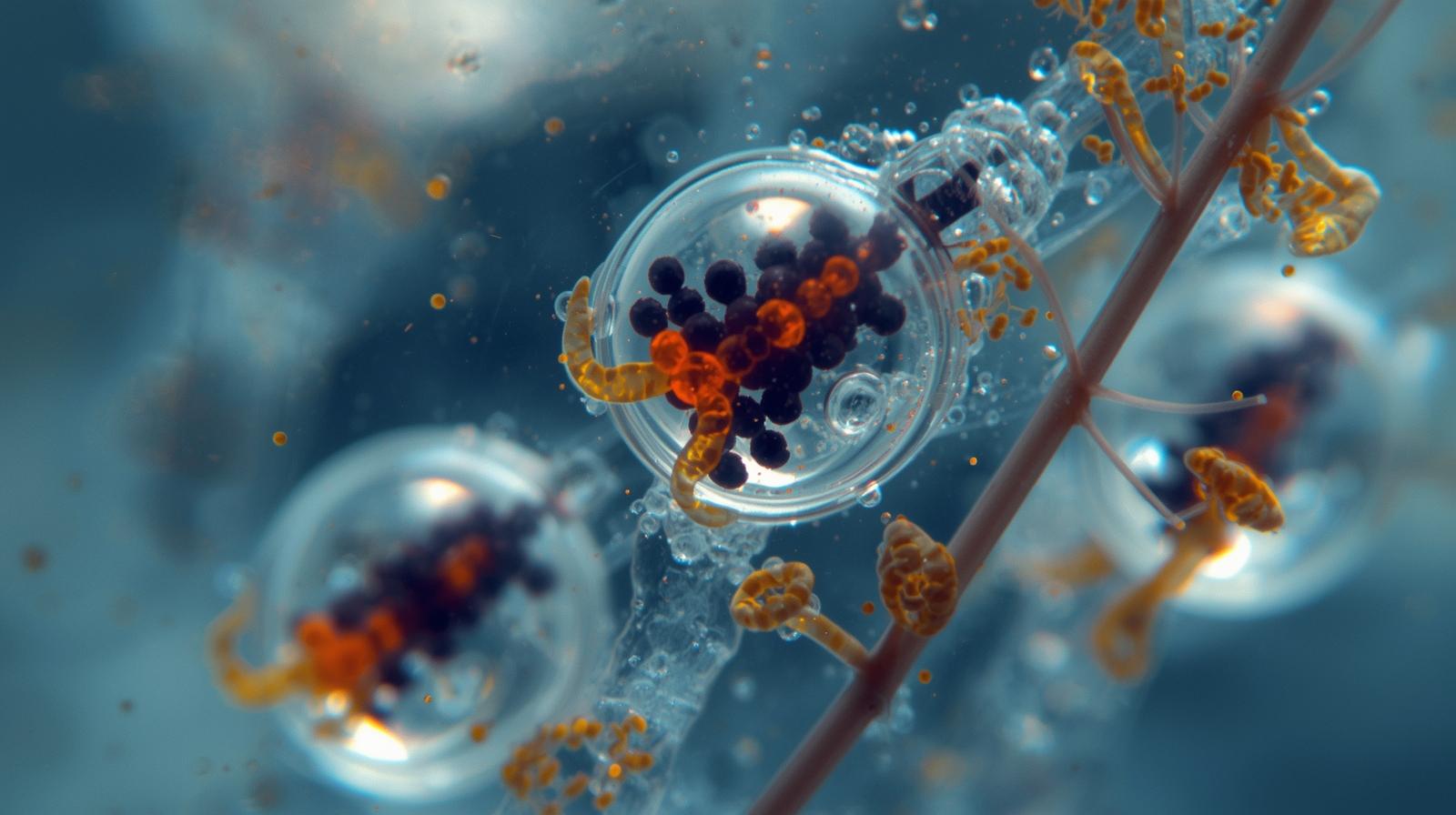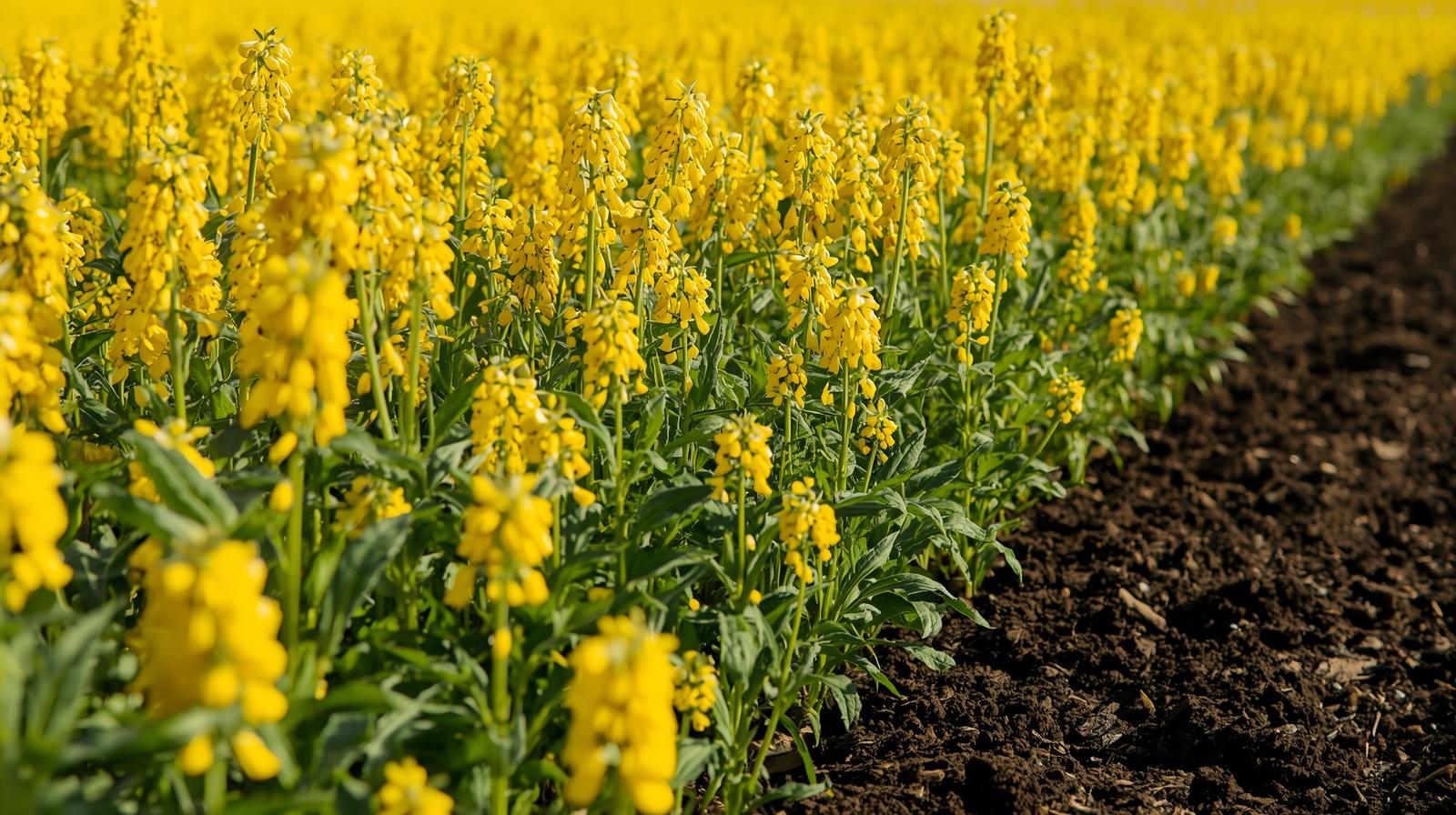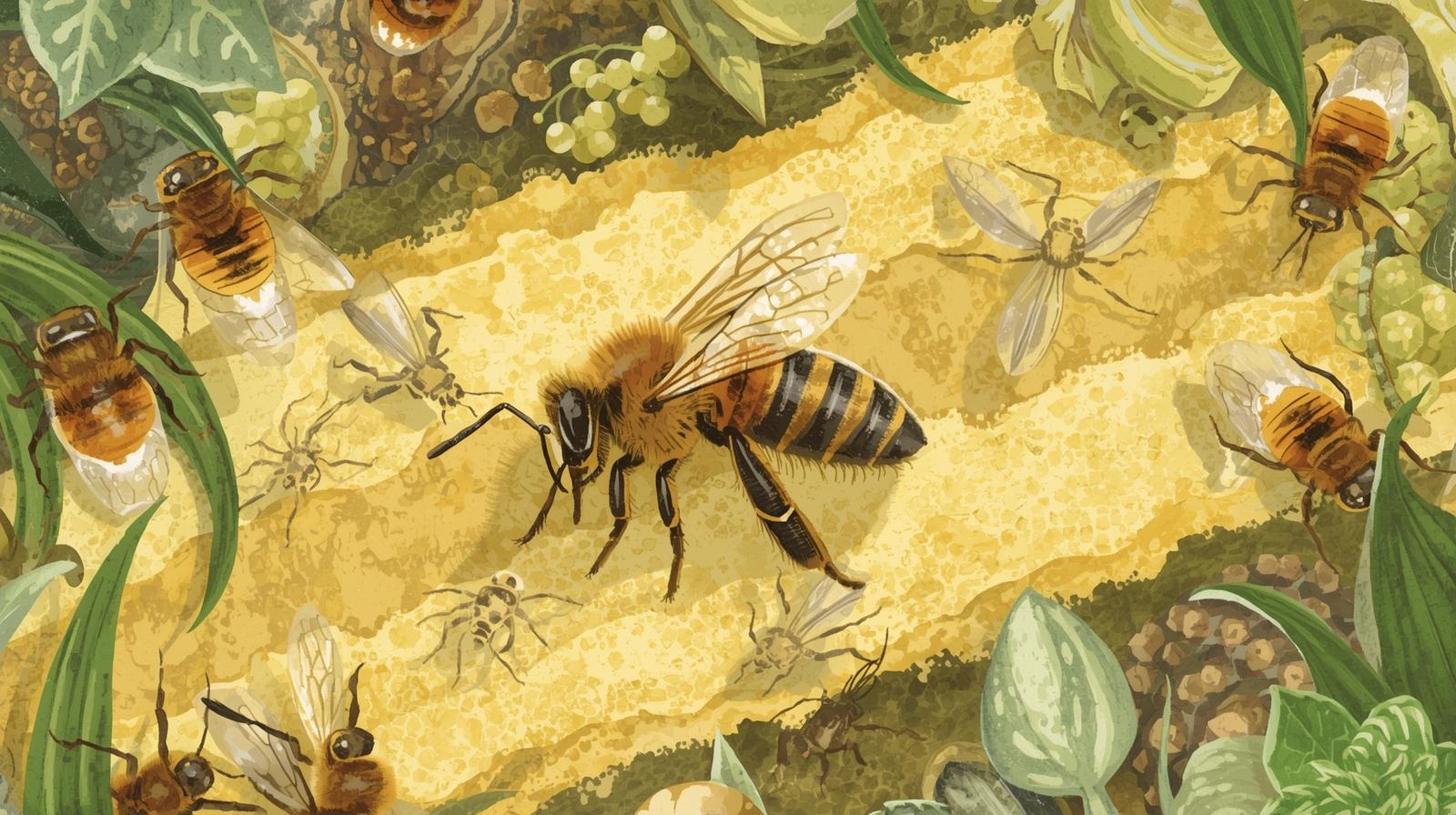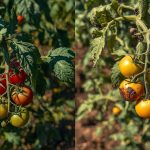Introduction
Mosquitoes are among the world’s deadliest creatures, spreading diseases such as dengue, malaria, and Japanese encephalitis. With the rise of insecticide resistance and environmental concerns over synthetic chemicals, scientists are searching for natural, plant-based solutions.
A new study published in Arthropod-Plant Interactions (2025) reveals that bioactive compounds from Phyllanthus acidus leaves could become a powerful, eco-friendly tool in mosquito control.
What Makes Phyllanthus acidus Special?
Phyllanthus acidus, commonly known as the Otaheite gooseberry, is a small tropical tree rich in medicinal compounds like flavonoids, alkaloids, and phenolic acids. Researchers from the University of Gour Banga, India, extracted these compounds using ethanol, and the results were remarkable.
Key Findings
- High Mosquito Mortality: Ethanol extracts caused up to 96% adult mosquito knockdown and strong larvicidal activity against Culex quinquefasciatus, Culex vishnui, and Aedes albopictus.
- Powerful Bioactives Identified: LC–MS analysis detected jatrorrhizine, a potent alkaloid known to disrupt the physiology of mosquitoes.
- No Harm to Non-Target Species: Tests have confirmed that these natural extracts are safe for beneficial organisms, such as tadpoles and aquatic insects.
- Mosquito Coil Innovation: Researchers even formulated a natural mosquito coil from P. acidus leaf extracts, showing comparable smoke toxicity to commercial coils—without harmful chemicals.
Why It Matters
This research demonstrates how plant-derived insecticides can provide sustainable, biodegradable, and cost-effective alternatives to conventional chemicals. The ethanol extract of Phyllanthus acidus not only kills larvae and adults but also repels mosquitoes effectively — a triple-action natural remedy.
Future Applications
The study opens the door for developing:
- Organic mosquito repellents and coils
- Environmentally friendly larvicidal sprays
- Integrated pest management (IPM) strategies using native plants
This aligns perfectly with global efforts toward eco-safe pest control and reduced dependency on synthetic insecticides.
Reference
Gope, A., & Rawani, A. (2025). Insecticidal potential of bioactive compounds extracted from Phyllanthus acidus L. leaf against medically important mosquito species. Arthropod-Plant Interactions, 19(5), 84. https://doi.org/10.1007/s11829-025-10192-8
